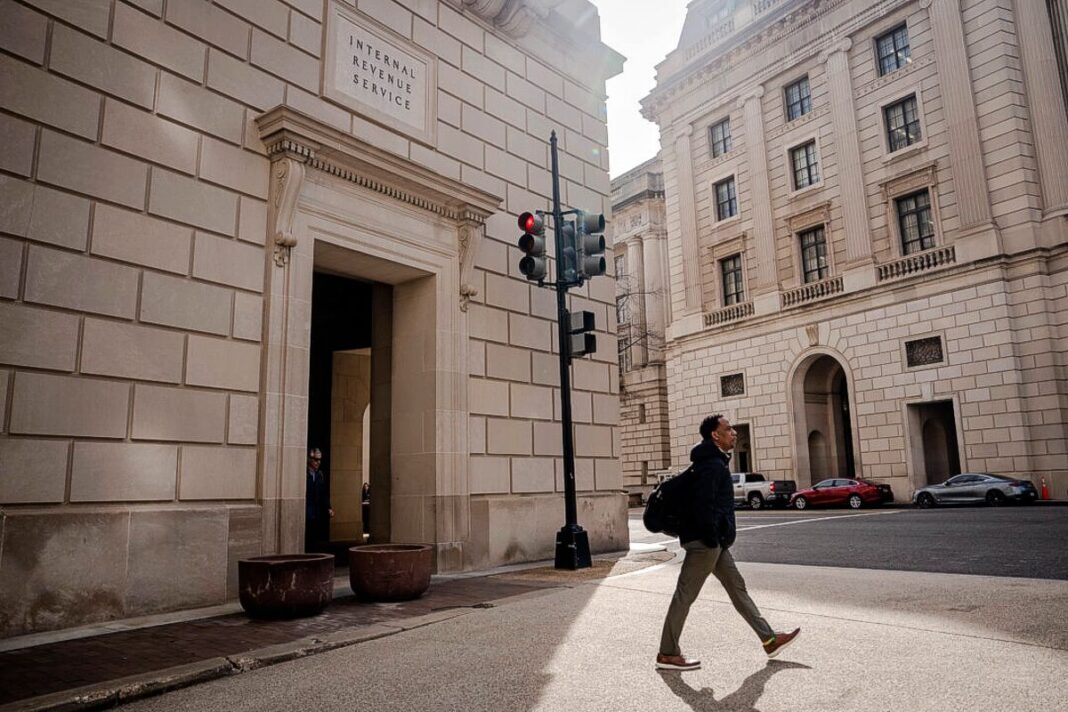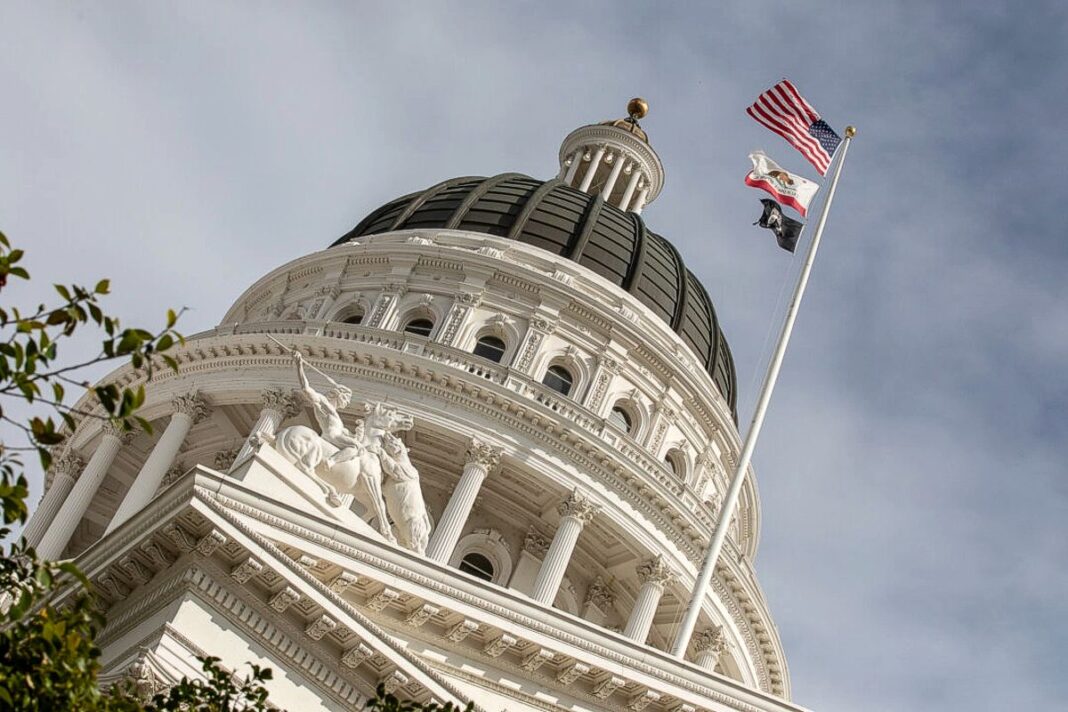The agency says around 46 percent of staff are being furloughed, amid debate in Washington whether back pay is guaranteed.
The IRS said in an emergency message to staff that it will furlough more than 34,000 employees starting on Oct. 8 due to the government shutdown.
“Due to the lapse in appropriations, most IRS operations are closed,” the IRS said in an Oct. 8 announcement. “An IRS-wide furlough began on October 8, 2025, for everyone except already-identified excepted and exempt employees.”
The furloughs amount to about 46 percent of the agency’s workforce. Call center employees, IT workers, and most headquarters staff will be sent home, according to the statement. Employees assigned to carry out the tax and spending law that President Donald Trump signed in July will continue working.
In an internal memorandum, acting IRS Human Capital Officer David Traynor said the furlough was being implemented under emergency procedures because Congress had not passed a fiscal 2026 appropriation or a continuing resolution by the Oct. 1 deadline. Employees not designated as excepted or exempt were placed in non-pay, non-duty status effective immediately, until further notice.
“All employees should plan to report to work for their next tour of duty,” the IRS emergency message stated, adding that staff would be given up to four hours to close out pending tasks and receive their formal furlough notices. Once the orderly shutdown is complete, employees are prohibited by law from working, “even on a voluntary basis,” Traynor said in the memo.
Furloughed workers will receive their next scheduled paycheck on Oct. 16 for hours worked before the shutdown, Traynor said in a separate letter, adding that “we cannot predict when pay may resume” for sidelined IRS staff.
Traynor’s letter also noted that the furlough applies not only to the IRS but to most employees across the Department of the Treasury, which has also suspended regular operations due to the funding lapse
Treasury employees affected by the shutdown “may face temporary hardship in meeting their financial obligations,” Traynor wrote, urging financial institutions to show flexibility toward federal workers whose pay has been disrupted. The department encouraged creditors to offer “prudent workout arrangements” to help employees remain current on their debts until normal pay resumes.
By Tom Ozimek








